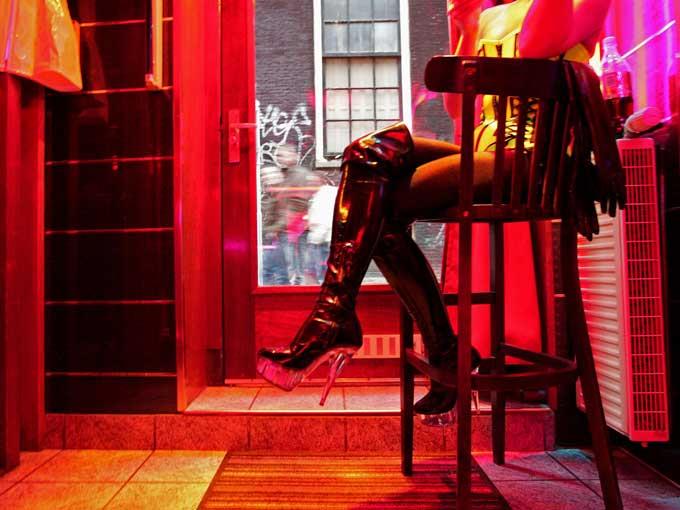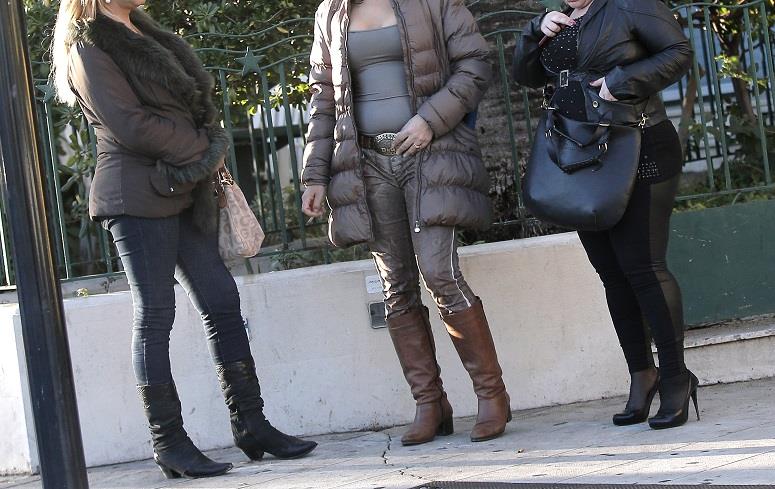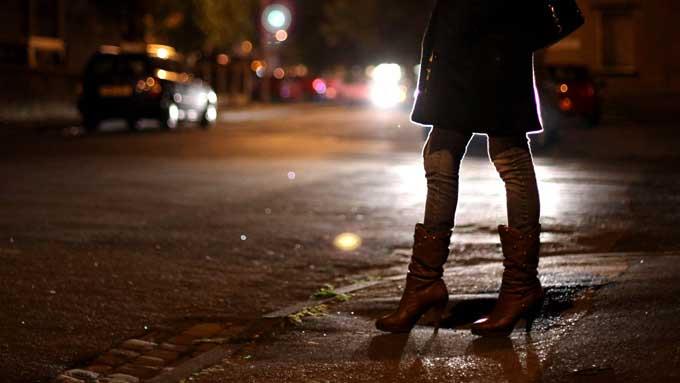“We need to make clear that there are several different situations when discussing prostitution. Traditional prostitution is one thing but also, separately, we have the trafficking of women, children and men for sexual exploitation,” Grace Attard, a leading women’s rights activist in Malta, said.
“We cannot talk about the regularisation and legislation of prostitution in the traditional manner and the trafficking of people for sexual exploitation in the same manner. This issue deals with the trafficking of primarily women from different countries to be used in brothels, maybe in some gentleman’s clubs, possibly in certain massage parlours etc.”
“When we hear about regularisation of prostitution, are we clear about what we are talking about? Are we referring to the pimps, the young women enticed into prostitution, the persons paying for the ‘service’? By looking at research on the situation which has been conducted over the years, we can see that nearly all women who go into prostitution do so because they do not have a choice.”
“When it comes to the question of trafficking, there is a particular United Nation’s protocol which comes into play."

“The Protocol to prevent, suppress and punish trafficking in persons defines trafficking in persons 'as the recruitment, transportation, transfer, harbouring or receipt of persons, by means of threat or use of force or other forms of coercion, of abduction, of fraud, of deception, of the abuse of power or of a position of vulnerability or of the giving or receiving of payments or benefits to achieve the consent of a person having control over another person, for the purpose of exploitation. Exploitation shall include, at a minimum, the exploitation of the prostitution of others or other forms of sexual exploitation, forced labour or services, slavery or practices similar to slavery, servitude or the removal of organs.’ It goes on to say that ‘the consent of a victim of trafficking in persons to the intended exploitation set forth in the above shall be irrelevant where any of the means set forth in the aforementioned have been used.’”
“So, for example, a woman being tricked into coming to Malta on the basis of getting a decent job, yet who ends up being made to go into prostitution because she cannot do otherwise, because she is made to believe it is not harmful, or because her documents were taken, then this means the law cannot accept that as consent.”
She went on to mention human rights. “Basic human rights include the right to dignity, the right to freedom.” She said that there are NGOs in Malta who help prostitutes coerced into prostitution, or who had no other choice but to prostitute themselves.
“When we talk about regularisation, are we talking about regularising the breach to their dignity? In addition, if the prostitute in question was trafficked, then regularisation also falls as Malta had signed and ratified the aforementioned protocol. You cannot make it acceptable for a woman to receive payment for prostitution even if it appears she is consenting when she was trafficked or forced into it, as it would go against this protocol and also against the human right to dignity. It is degrading and a form of white slavery.”

Asked whether she is in favour of regularising the traditional forms of prostitution, she said: “By regularising the situation, you are providing services for these women to continue in their situation, which many do not want to be in, while enforcing the idea that women are a commodity - an object that can be bought and sold. Even if the woman, because of the vulnerability of her circumstances, seems to accept it, the law should ensure that the government protects her right as a human being and protects her from being treated as an object. It is therefore necessary to have a law that criminalises the demand"
She also mentioned the problem being generational, where the daughter would follow in the footsteps of her mother. She also said that pimps also tend to limit the freedoms of prostitutes, and that most prostitutes come from poverty, and sections of society where there is a lack of education. “It becomes a habit, relying on prostitution for your survival, and it is very difficult to break a habit.”
“Organisations in Malta are working to help women get out of prostitution. It is not easy and there needs to be effective protection, especially from the police, as one cannot tell what happens if they try to escape, and many are afraid. It is just another form of white slavery.”
Asked about the Amsterdam model, she spoke about human rights values and said that the human rights values in the Netherlands are not the same human rights values held by the Maltese.

“Women’s organisations are in fact against 'legalising prostitution' as we believe in women being respected, not being treated as a commodity. If the circumstances are forcing a woman into this line of work, just as the state has an obligation to protect any person who due to certain circumstances is a threat to himself for a variety of reasons including mental or emotional instability, in the same manner the state has the duty to protect these women who, although appear to be voluntarily in this degrading activity, most likely it is not and is due to a lack of options. Prostitution reflects the mentality that women are there to satisfy men’s sexual urges. We sympathise with these women as we understand the difficulties they face. ”
The conversation then turned to persons who voluntarily choose to be prostitutes. She believes that if sex occurs for payment it becomes a commodity, and is no longer a gift between two persons. “Sex can be an important element in developing a relationship. It is one of the key aspects of the development in relationships.”
“I believe that society in its search for happiness is seeking pleasure instead - pleasure where drugs, money, power and sex are involved. Pleasure and happiness are not the same thing, she said while referring to Oscar Wilde’s The Picture of Dorian Gray. Is society going for pleasure rather than happiness? Is progress leading us to seek pleasure at all costs, because we cannot find happiness, as a result of the society we are living in and promoting?”

“The state is responsible not to allow this shift in society. Is it right that teenagers are becoming so promiscuous, going on a first date and ending up sleeping together What are the physical, emotional and psychological consequences on our young people?. In addition, the holistic vision of a human being is deteriorating, as once you live in these patterns of behaviour, the lasting effects are almost irrevocable.”
Turning back to prostitution, she was asked for her opinion as to what she believes should be done. The Nordic model decriminalises prostitutes, but criminalises the buyer. “Through the Nordic model we are advocating an inter-ministerial set-up - health professionals, psychologists, social workers and education for job opportunities to get into regular work etc - to help get women and young girls out of these situations,” she said.
“With regards to the trafficking of human beings, it is clear that there is no room for legalising sexual exploitation as per the UN protocol. When it comes to traditional prostitution, Maltese law states that loitering is a crime. This has to be addressed through a positive system of support. I don’t want the law to criminalise a woman for loitering as we need to know what led her to this. I would rather the woman be given support and services to help her get out of that situation.”

“How often do we hear of court cases regarding pimps, regarding brothels. Are the police really doing their jobs, and that is another issue. We want a strong police force, and I am happy to say that the new setup – making use of psychologists and other professionals is very positive.”
"We should be talking about 'decriminalising prostitution activities', but not at the expense of the person' s fundamental right to human dignity - to be respected as a human being , not as an object - that should be the basis of all legislation in this regard. Legislation must be compatible with human rights .”
She mentioned her worry is that behind all this, there are the commercial interests in the so-called "regularising prostitution".
Lastly, she said, she believes regularising called prostitution will have a negative effect on the perception of women as a whole in society. NGOs working on gender issues know that this would be another form of stereotyping and discrimination. “Instead, legislation should prohibit the buying of sexual services and favours from women. We must not forget, that prostitution is part of organised crime, worldwide. If we legalise we are simply re-enforcing the mentality that women are just a commodity, and doing a disservice to women. Does Maltese society really want to be part of that?”